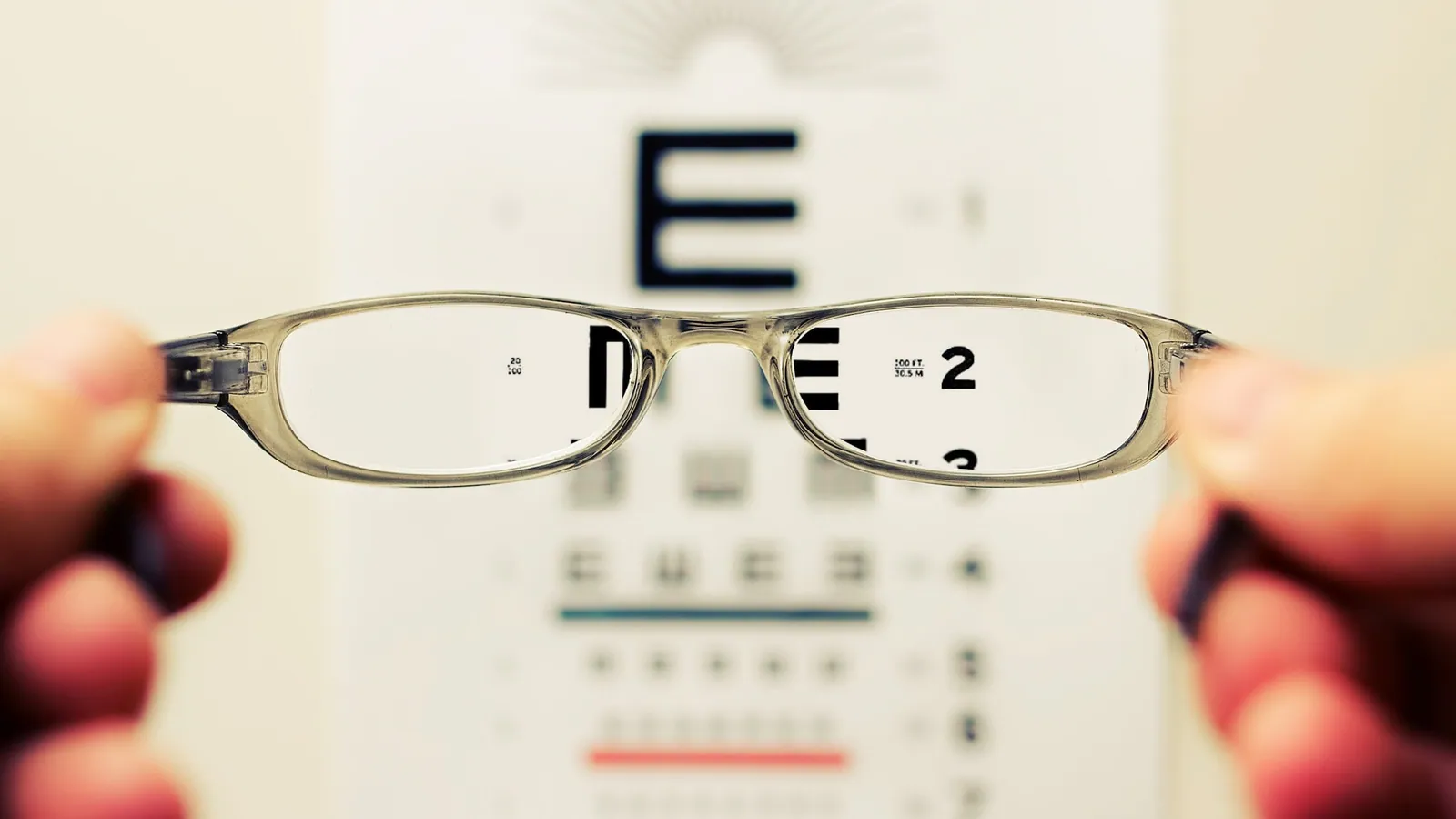[ad_1]
With regular eye examinations, early detection and treatment of a number of serious health conditions are possible as our eyes aren’t just the window to our soul — they also offer a glimpse into your overall health and are the first indicator of whether we are suffering from diabetes, hypertension, hyperlipidaemia, immunological diseases and even cancer. The increased adoption of work-from-home routine has a cost element involved in terms of our eye health because as we spend more and more time on digital screens including laptops, mobile phones, tablets, e-readers and even television, our eyes have a disproportionately increased exposure time to these screens fraught with considerable adverse consequences.
Despite having two eyes we see only one image as our brain is able to fuse two images into one which is known as binocular vision but when eyes are not in alignment, they are going to transmit two separate images to brain that are different in positions to one another. In an interview with HT Lifestyle, Dr Arpita Acharya, DNB ophthalmology, FICO (UK) Senior Resident at SCB Medical College in Cuttack, Odisha, shared, “Brain reacts by sending signal to eyes to realign the extra ocular muscles, which is only temporary and again slips into misalignment. This continuous cycle of misalignment and realignment makes brain believe that things are moving and strain the eye muscles, resulting in eye strain, dizziness, nausea and headaches. It can be due to incorrect eyeglass or contact lens prescriptions, eyestrain, facial asymmetry, optic nerve or extra ocular muscle paralysis or restriction of movement, traumatic brain injury or stroke.”
Dr Siddarth Sain, Senior Consultant at Sharp Sight Eye Hospitals, explained, “If you feel unsteady, lightheaded, as if your body is moving while you’re not, or like your head is “swimming,” you’re experiencing dizziness. Usually, you have these feelings upon standing, especially if it’s quickly but you can also experience dizziness while sitting or lying down. Dizziness isn’t a problem you should ignore. It may affect people differently, making you feel like you are spinning, light-headed, imbalanced, woozy or it can cause a floating or rocking sensation. People may also experience nausea and visual problems such as a decrease in focus.”
He added, “Although eye dizziness can be experienced for several reasons, problems with the eyes are often overlooked as the easy fix for correcting your daily balance and comfort and in everyday life. It is common in older adults, affecting around 30 percent of people over the age of 65 and about 20—25 percent of working adults.”
As per Dr Neeraj Sanduja, MS, FRCS (GLASGOW), FMRF, FICO (UK), Director and Senior Consultant at Viaan Eye and Retina Center, “Dizziness due to eye problems is usually when our binocularity is affected i.e. when both eyes are unable to work together or strain to produce a single unified image. This can lead to dizziness, disorientation and headaches. There is a strong correction between the eyes and our vestibular system (ear) which is responsible for maintaining balance . This is known as the VOR (Vestibule Ocular Reflex). This helps to stabilise the gaze even when head and body are in motion.”
He listed some visual conditions which can cause dizziness:
1) Double vision or diplopia
2) Incorrect eye glasses prescription
3) Nystagmus
4) Eye strain or misalignment
5) Hemianopsia (blindness in one half of visual field)
6) Concussion/brain injury if it impacts the visual system
He insisted that if visual problems are responsible for loss of balance/dizziness it is advisable to visit your ophthalmologist for a proper neuro-ophthalmological assessment and rehabilitation. He elaborated that the treatment will depend on the cause:
1) If there is binocular misalignment – special type of glasses/surgery can help to correct
2) Vision problems/refractive errors – will require proper spectacle prescription
3) Concussion/TBI – will require both neurological and ophthalmic intervention
Treatment:
According to Dr Arpita Acharya, “For treating these conditions first of all we need to consult an ophthalmologist to know the reason and after which it can be treated accordingly.” Since eye dizziness is often caused by eye strain from excessive use of computer, tablet etc without breaks, Dr Siddarth Sain recommended, “While sitting in front of a digital screen, try to follow the 20/20/20 rule. Every 20 minutes, look up from the screen and focus on an object 20 feet away for at least 20 seconds. If you’re experiencing additional symptoms beyond dizziness, consult your doctor at the earliest. Sometimes dizziness, blurriness, or headaches can also be a sign of a more serious illness. These issues can be anything from a problem in your ear, brain or neck, neurological or heart-related or can be caused by changes in your medication or dosage.”
Dr Neeraj Sanduja suggested some home remedies to avoid eye strain. These include:
1. Adequate rest to eyes
2. 20-20-20 rule
3. Balanced diet
4. Adequate water intake
[ad_2]
Source link


Robert A Schwartz, MD, MPH is a member of the following medical societies Alpha Omega Alpha, American Academy of Dermatology, New York Academy of Medicine, Royal College of Physicians of Edinburgh, Sigma Xi, The Scientific Research Honor Society buy cialis generic online cheap com or call me for a free 10 min
The recommended dose is Tamoxifen Aurobindo Tamoxifen Aurobindo citrate 20 mg daily for 5 years propecia pills for sale If a woman has unexplained ovarian insufficiency or failure or an elevated FSH level before age 40 years, fragile X carrier screening is recommended to determine whether she has an FMR1 premutation 15